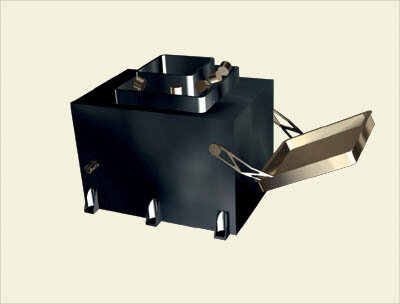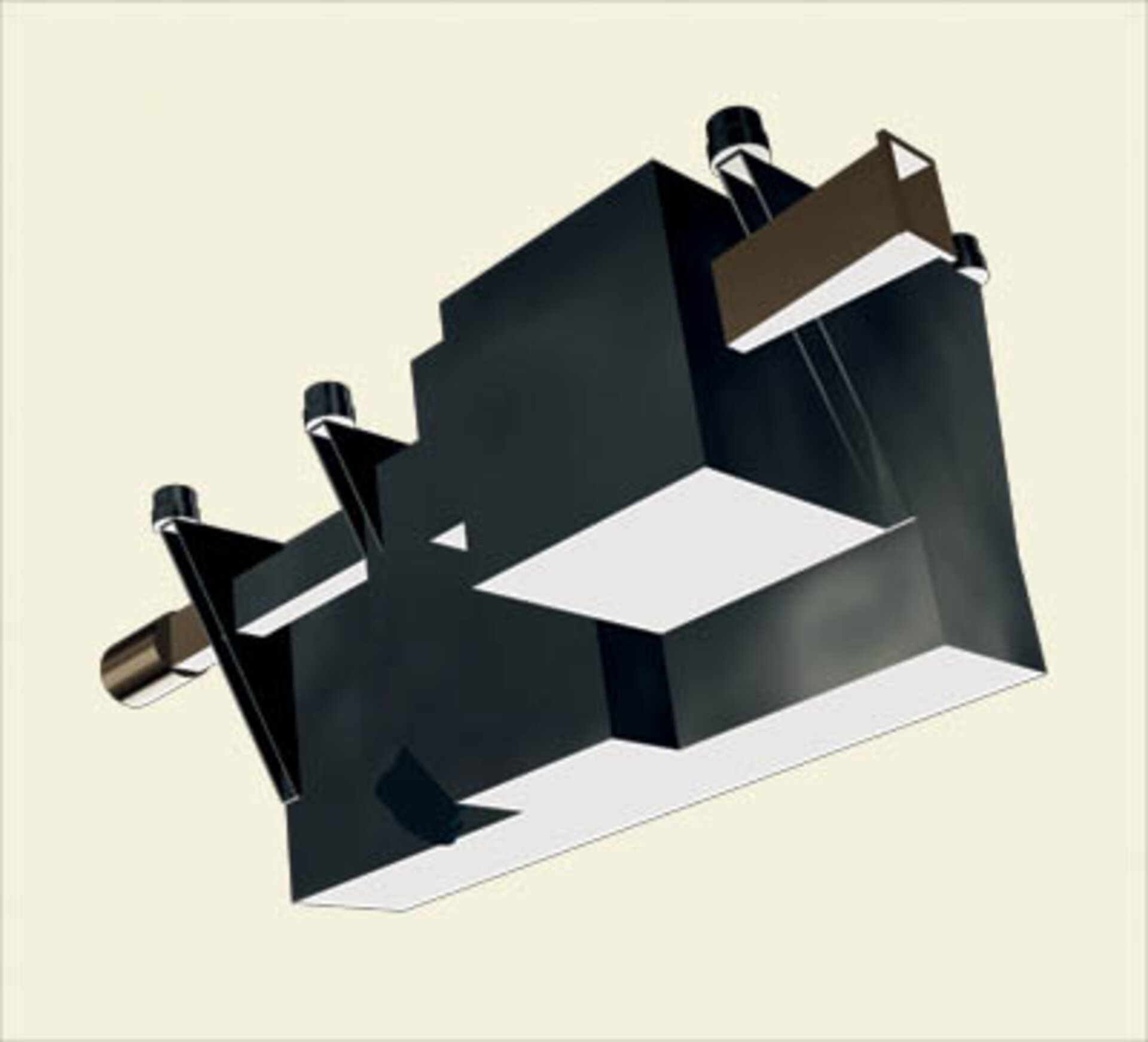Science from the Orbiter (2)
COSIMA (Cometary Secondary Ion Mass Analyser):Will analyse the characteristics of dust grains emitted by the comet, including their composition and whether they are organic or inorganic.

MIDAS (Micro-Imaging Dust Analysis System): Studies the dust environment around the asteroids and comet. It provides information on particle population, size, volume and shape.

CONSERT (Comet Nucleus Sounding Experiment by Radiowave Transmission): Probes the comet's interior by studying radio waves that are reflected and scattered by the nucleus.

GIADA (Grain Impact Analyser and Dust Accumulator):Measures the number,mass, momentum and velocity distribution of dust grains coming from the nucleus and from other directions (reflected by solar radiation pressure).

RPC (Rosetta Plasma Consortium): Five sensors measure the physical properties of the nucleus, examine the structure of the inner coma,monitor cometary activity, and study the comet's interaction with the solar wind.
RSI (Radio Science Investigation): Shifts in the spacecraft's radio signals are used to measure the mass, density and gravity of the nucleus, to define the comet's orbit, and to study the inner coma. RSI will also be used to measure the mass and density of Siwa, and to study the solar corona during the periods when the spacecraft, as seen from Earth, is passing behind the Sun.















 Germany
Germany
 Austria
Austria
 Belgium
Belgium
 Denmark
Denmark
 Spain
Spain
 Estonia
Estonia
 Finland
Finland
 France
France
 Greece
Greece
 Hungary
Hungary
 Ireland
Ireland
 Italy
Italy
 Luxembourg
Luxembourg
 Norway
Norway
 The Netherlands
The Netherlands
 Poland
Poland
 Portugal
Portugal
 Czechia
Czechia
 Romania
Romania
 United Kingdom
United Kingdom
 Slovenia
Slovenia
 Sweden
Sweden
 Switzerland
Switzerland


























